There have been some beautiful tributes on PJM to the late Ron Silver, and those by Roger Simon and Lionel Chetwynd are particularly moving. I will try not to repeat what they have said, but instead to convey something of his character and uniqueness as I experienced him.
I met Ron in 2005, when my wife and I were awaiting publication of our book, Red Star Over Hollywood:The Film Colony’s Long Romance with the Left. Fred Siegel, a mutual friend, thought he would be interested in it, and introduced us. We sent Ron the book, and after reading it, he got in touch with us immediately. I knew that after 9/11, Ron had courageously come forward as a supporter of George W. Bush, and had done so knowing full well the consequences he could face in liberal Hollywood. I also knew that even before he had changed his political direction, he was a man of ideas, whose commitment to political life was second to none. When he was president of Actor’s Equity in New York, I recalled having read statements by him on the issue of health care for actors, and was impressed with his knowledge of what was really involved.
Ron was not like other actors who traded on their celebrity, using their persona to endorse one or another cause. He considered himself just another citizen of our country, who felt that he owed something to it for the blessings he had received from being born here. A man who spoke many languages and had a background in the academic world as well as that of the arts, Ron was fully equipped to plunge himself into any issue with which he was concerned, be it domestic issues or foreign policy. He read widely and intensely, and when he spoke out, he knew what he was talking about. He was the opposite of the “star” who thought he could issue an inane statement and be taken seriously.
In our case, Ron identified with the people we spoke about in our book, like the actress Olivia de Havilland, who in the late 1940’s, openly broke with the Communists in Hollywood and at a public event, tossed out a speech written for her by the Communist writer Dalton Trumbo and instead told her audience why liberals should not cooperate with Communists. So Ron went out of his way to tell others in the acting world about our book, and he tried to get them to listen to our arguments. As a founder of The Creative Coalition, he brought us to the staff’s attention, and did his best to get them to sponsor a debate before the group on the issue of the blacklist and the Communists. (In this, alas, he proved unsuccessful. There are limits even to how persuasive Ron could be to Hollywood liberals.)
Ironically, one of the lesser roles Ron had played was that of a blacklisted Communist writer in the 1989 TV film Fellow Traveler, a film we discussed and criticized in the appendix of our book. Ron agreed with us that Hollywood had a preferred and often repeated narrative about the blacklist, one in which the Communists were always depicted as martyred heroes and their opponent as one-sided villains. He did not mind in the slightest that we had criticized this particular film in which he had a leading role. At about this time, Ron appeared on an episode of Law and Order, in which he took the role of a very left-wing lawyer defending Islamic terrorists and their supporters. He played opposite the conservative actor Fred Dalton Thompson, who as the DA, took the kind of hard line that Thompson himself favored. I teased Ron about it, knowing that in real life, he virulently opposed every line coming out of his character’s mouth. “You did a great job, Ron,” I told him, “did you enjoy it?” He winked and with a sly smile, said, “That’s called acting, my friend!”
Having the same first name, Ron asked me if I had ever been called Ronnie. In fact, all my old friends with whom I grew up always called me that.( Some, like Michael Ledeen, still do.) Then he told me the story about the time he met President Bush at the White House, and the President told him: “You’re a good man, Ronnie.” Ron replied to Bush: “Only my mother calls me Ronnie, Mr. President.” Bush looked at him and said “You’re a good man, Ronnie.”
When the President appointed him to the board of The U.S. Institute for Peace, those of us who had come to know him were pleased, knowing that the appointment was more than appropriate. Ron could debate foreign policy issues with the best of them, and would be able to use his expertise to really accomplish something.
And finally, I had to quiz Ron about his view of Bob Dylan. I told him, “we share a lot of ideas about many things, but I’m a major Bob Dylan fan, Ron. So how about you?” I was not disappointed. He too, loved and appreciated Dylan. Then he told me about how when Dylan received the Kennedy Center Award, as a board member of the Center, Ron was asked to come down to Washington and help out Dylan. Coming to DC on Amtrak, he spent the hours listening to Dylan songs to prepare himself for the job. He assumed he would be asked to accompany Dylan, make him at ease, and perhaps keep him out of the way of fans and the paparazzi. And, of course, he would get to spend time with him. Instead, Ron sighed, he was assigned the task of accompanying Dylan’s mother. “She’s a nice Jewish lady,” he said, but it was not quite the same as hanging out with Dylan. He had to show her Washington, keep her comfortable, and spend the day at her side.
Ron Silver was a mensch. He said what he believed, and was willing to forgo roles he knew were not offered to him because so many in Tinseltown did not want to hire someone who admired the man they all hated, George W. Bush. When I told a friend of mine- someone in the business that I had got to know Ron, he said to me in a snide tone of voice, “he’s quite a Republican these days, isn’t he?” I don’t know if he was actually a Republican. His brother told The New York Times that on election day, he voted for Barack Obama. If true, it would be fitting. Ron was an independent centrist, who must have realized how historic it was for America to have an African-American President. He stuck to his guns, and went on his own path. He will be sorely missed.


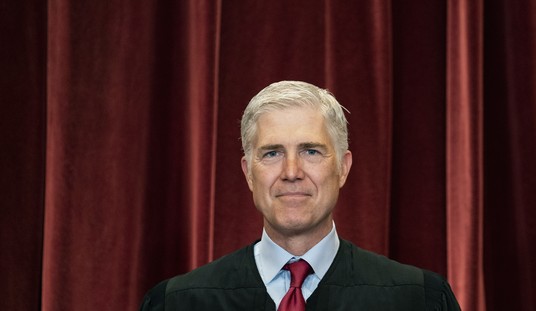
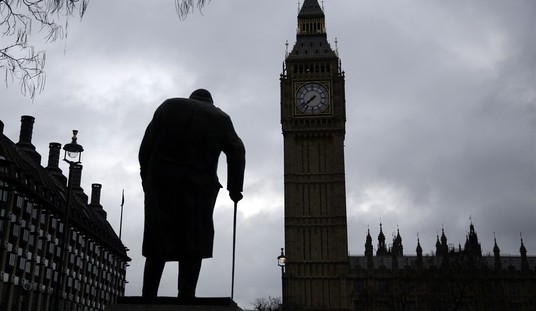
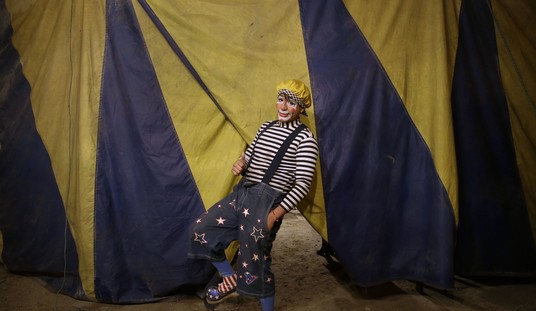
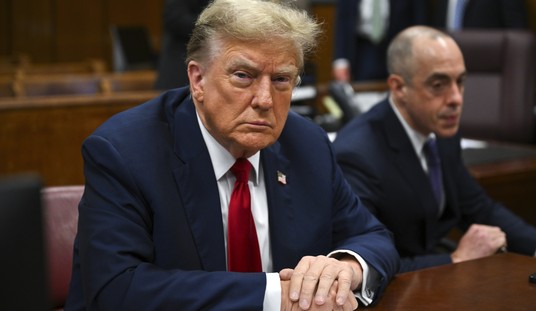
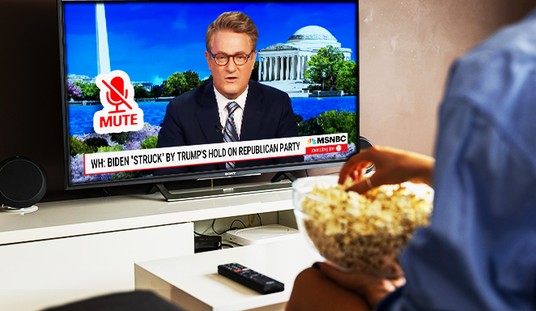
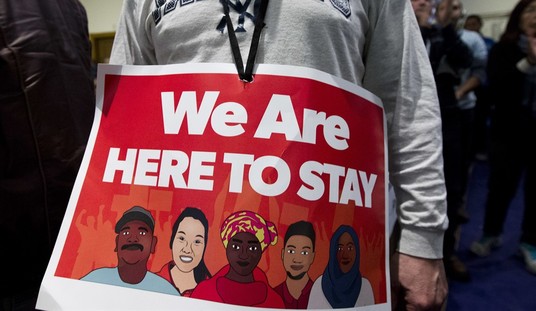
Join the conversation as a VIP Member